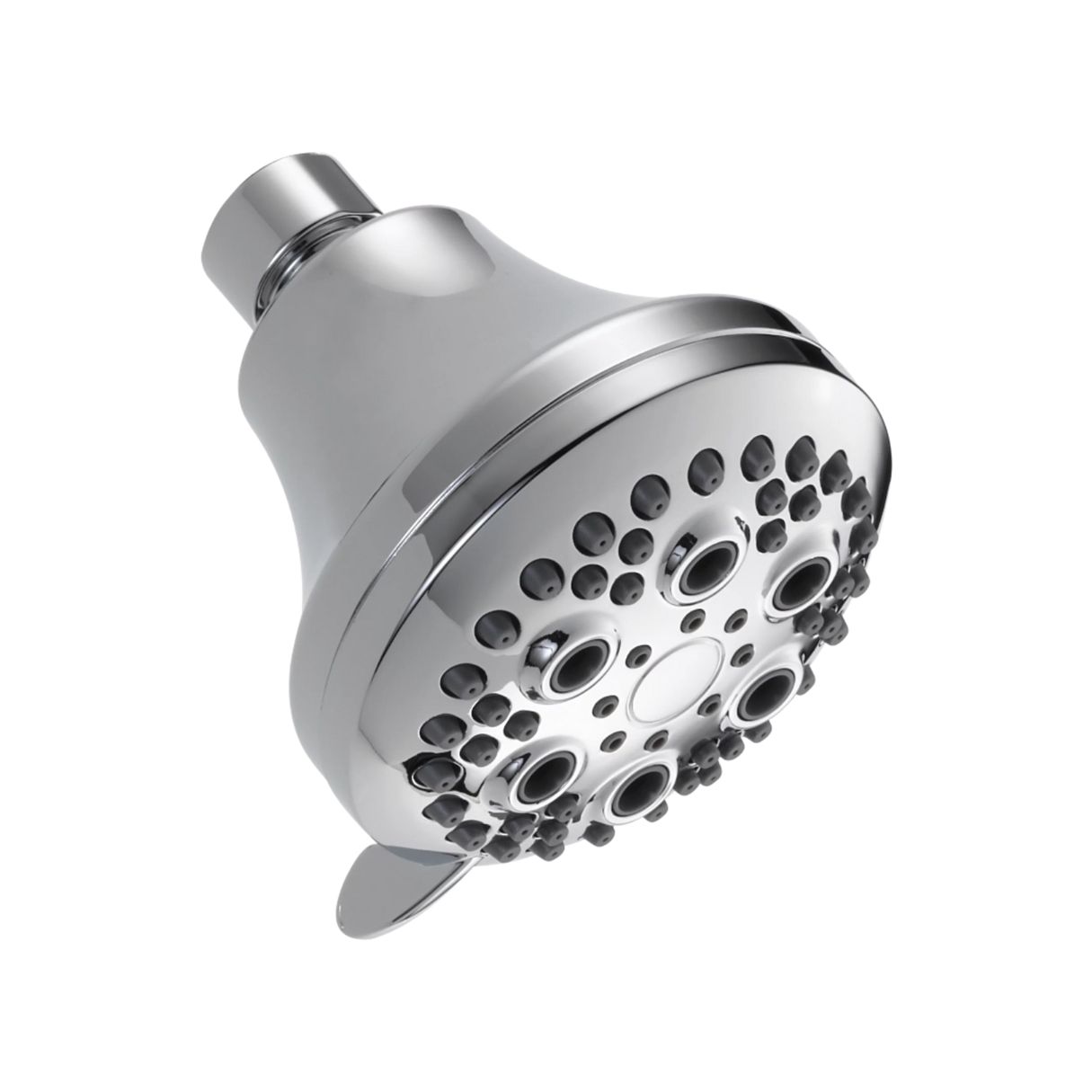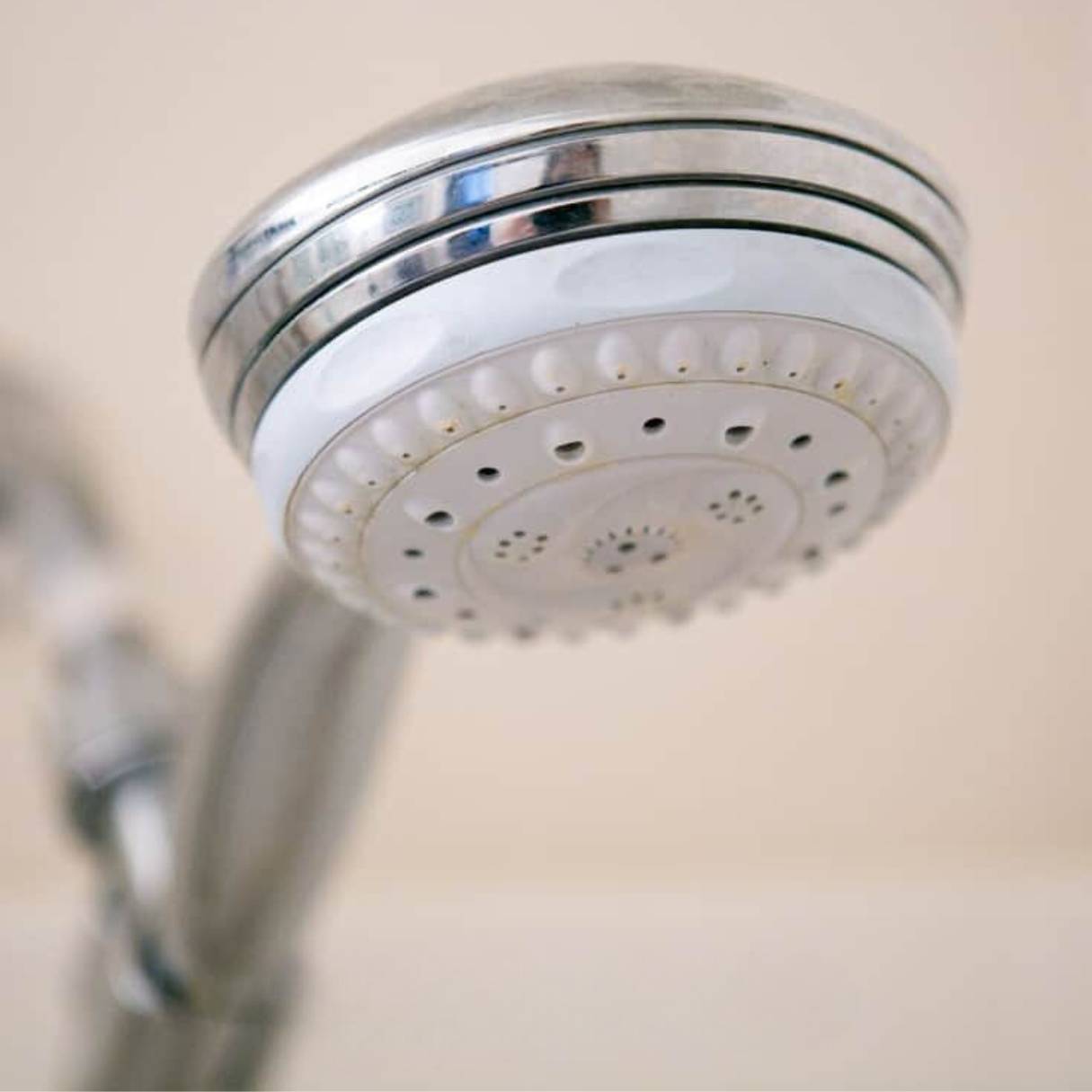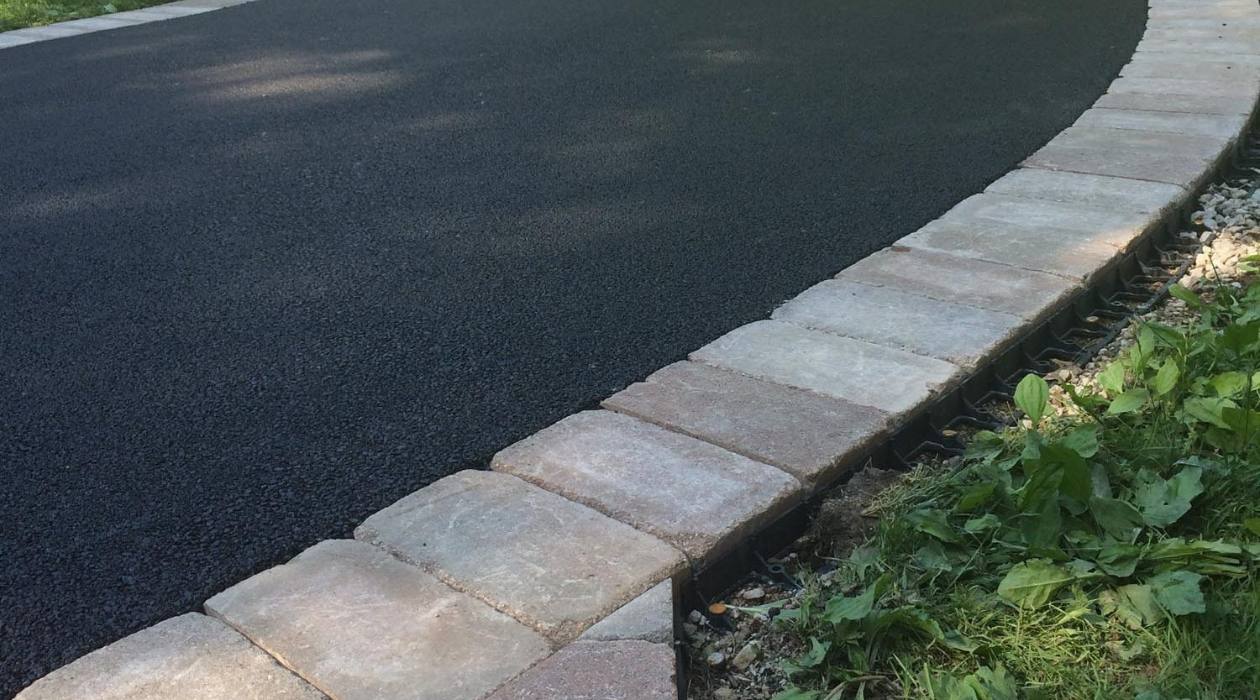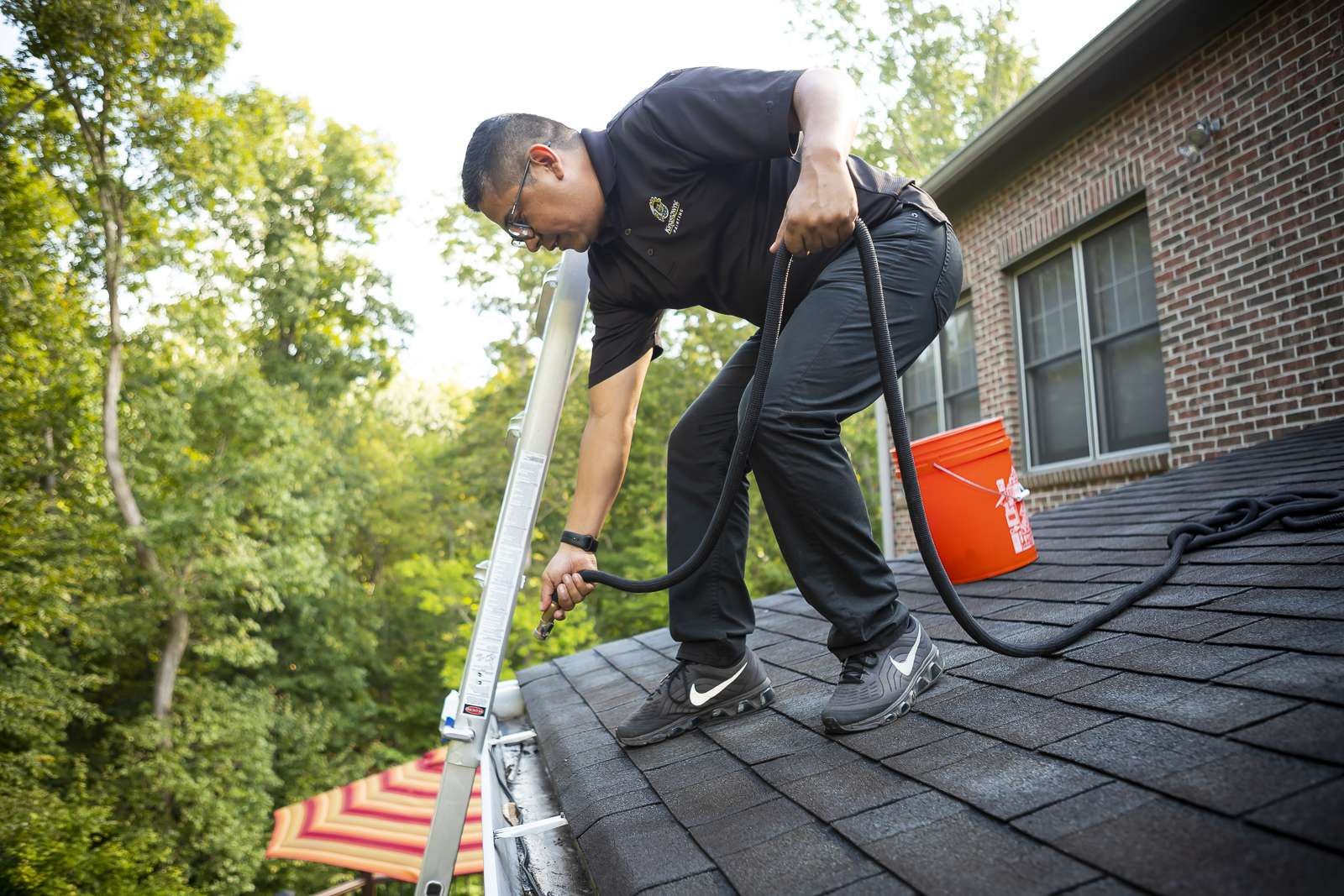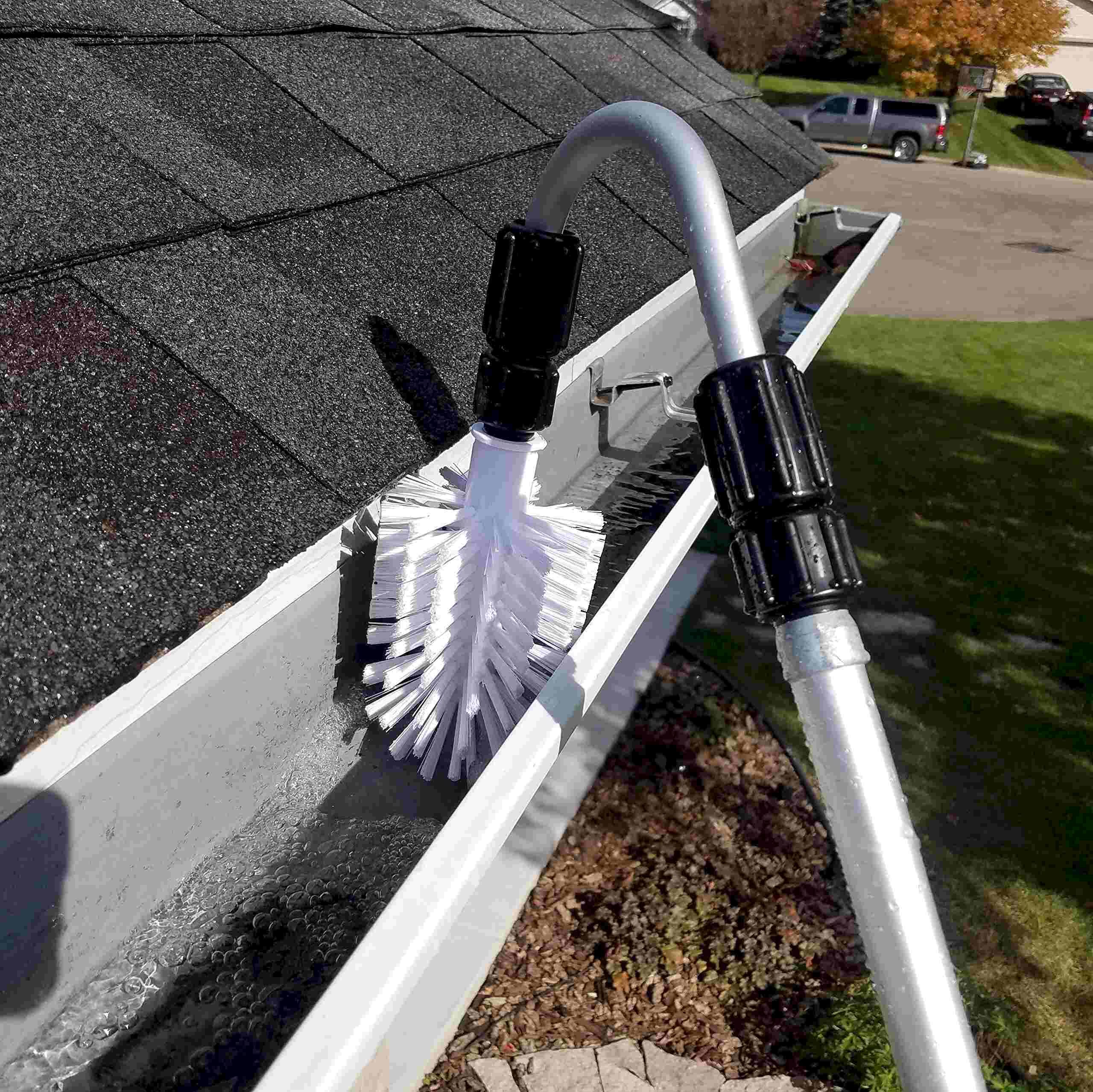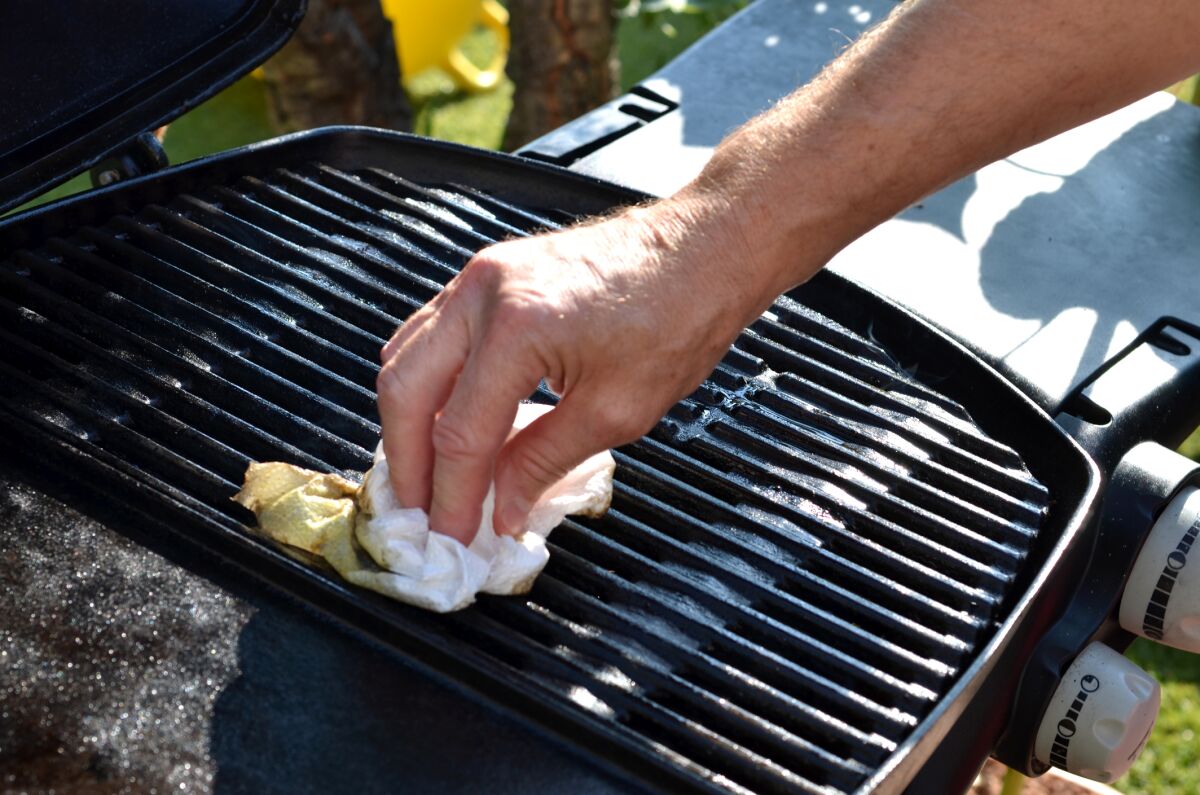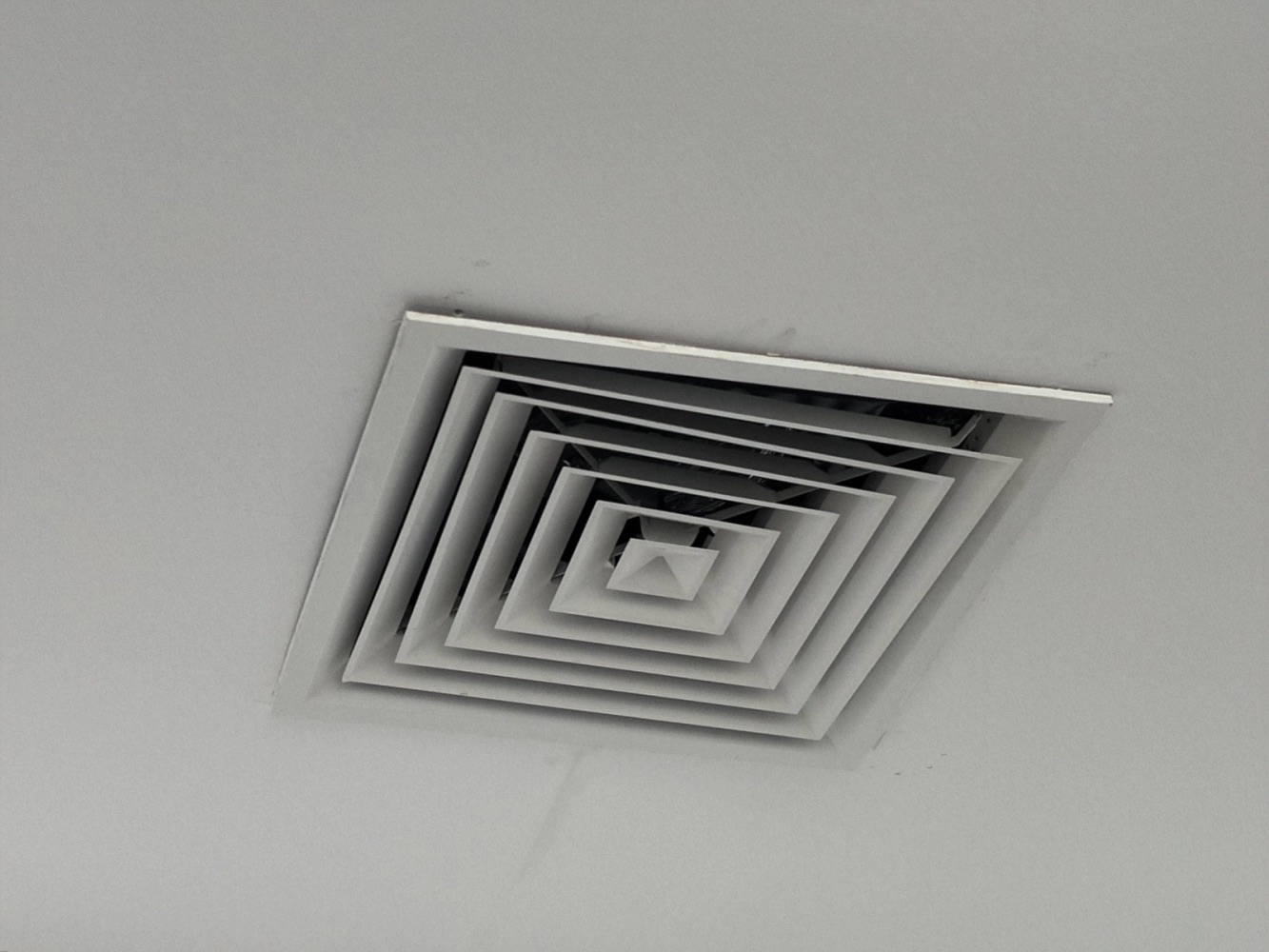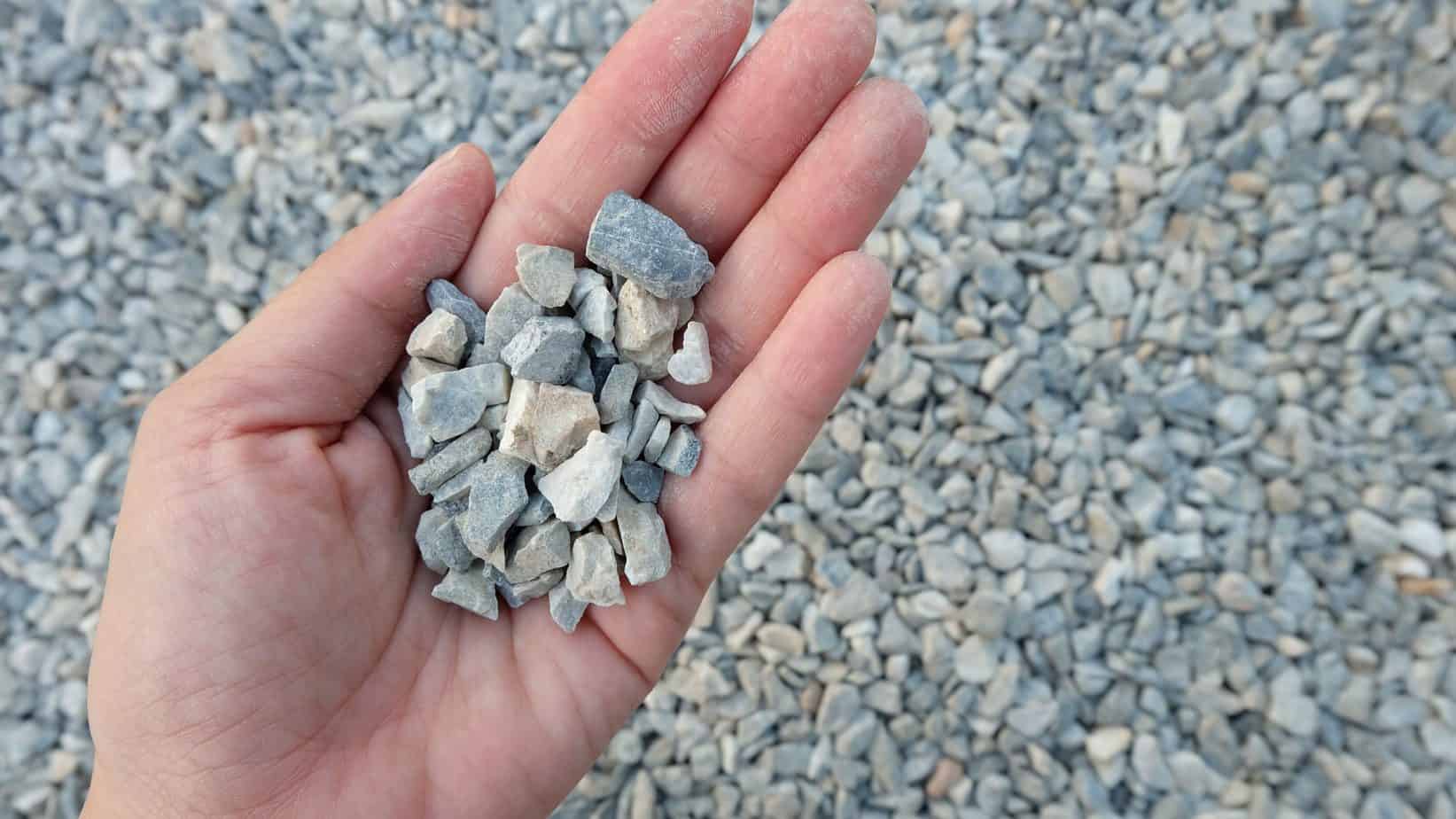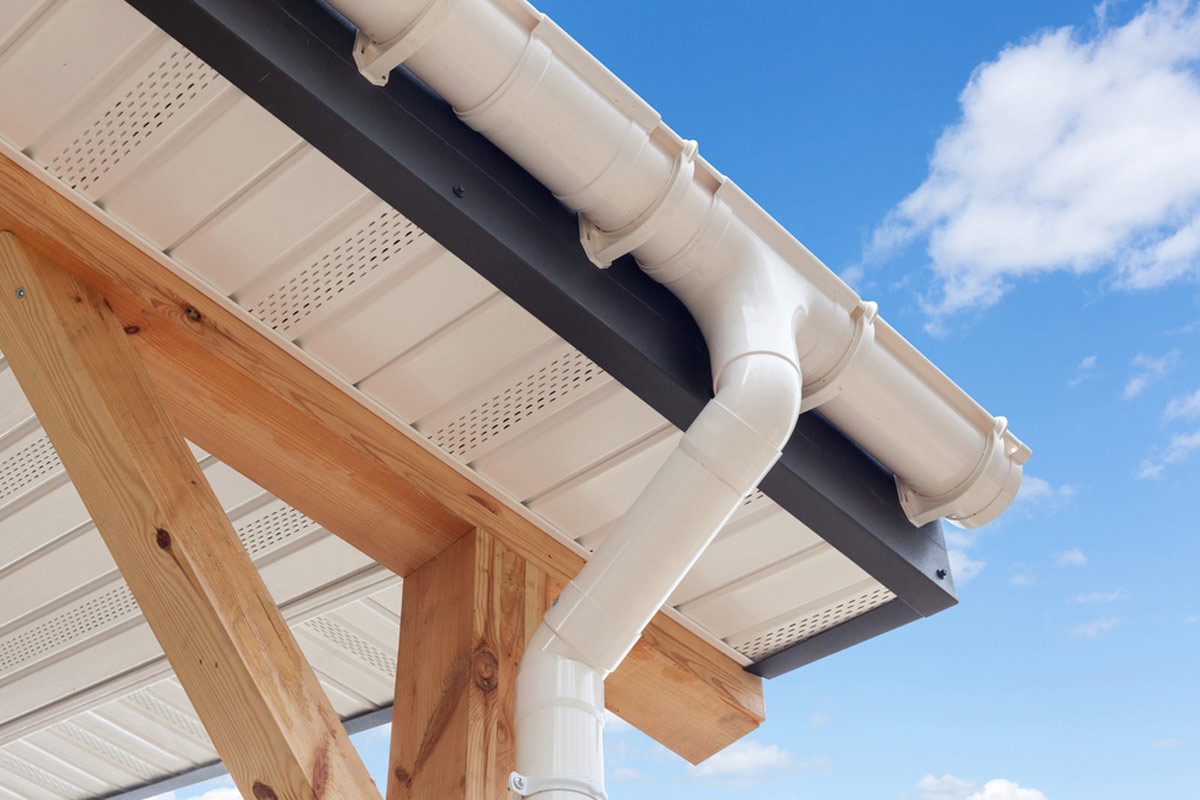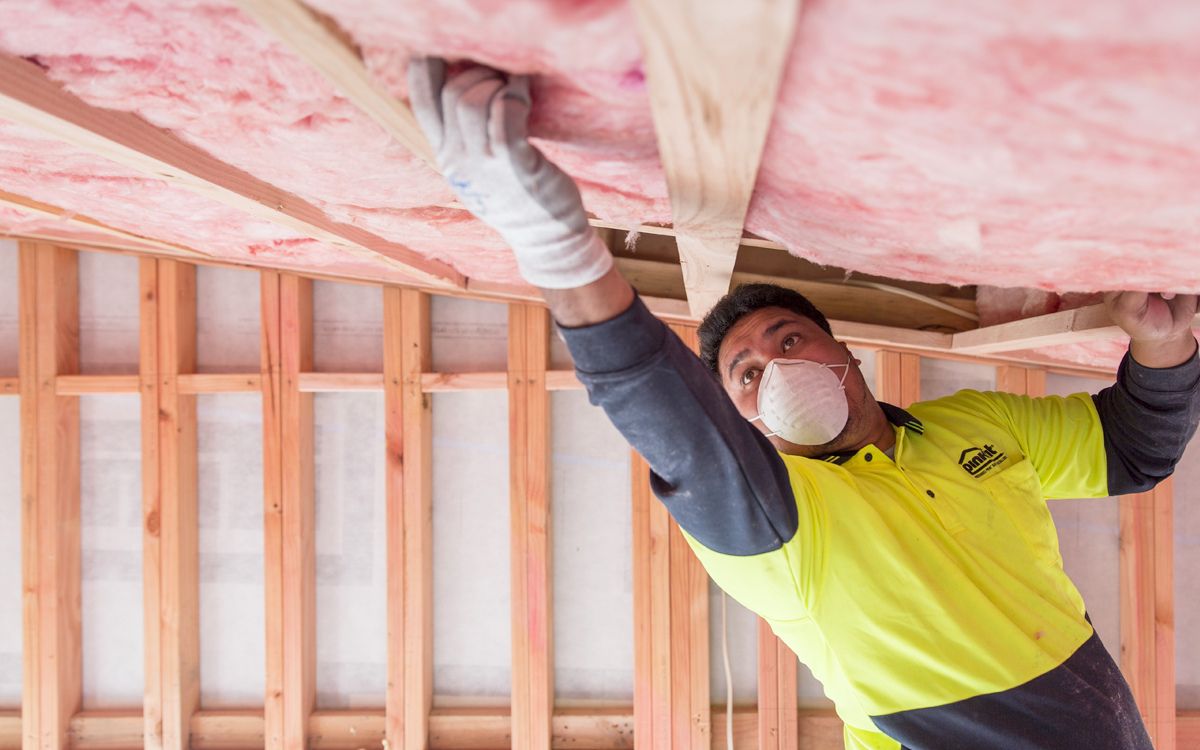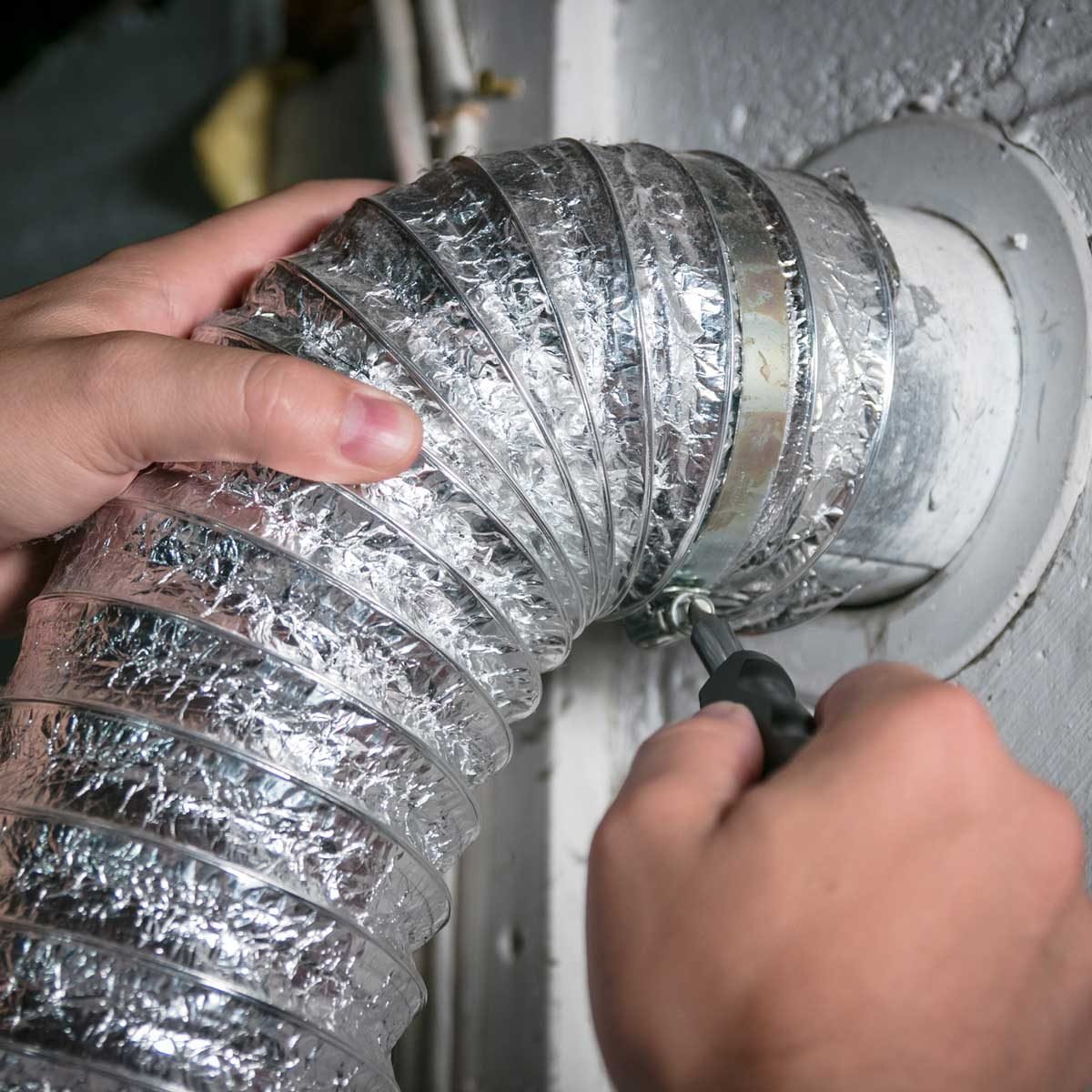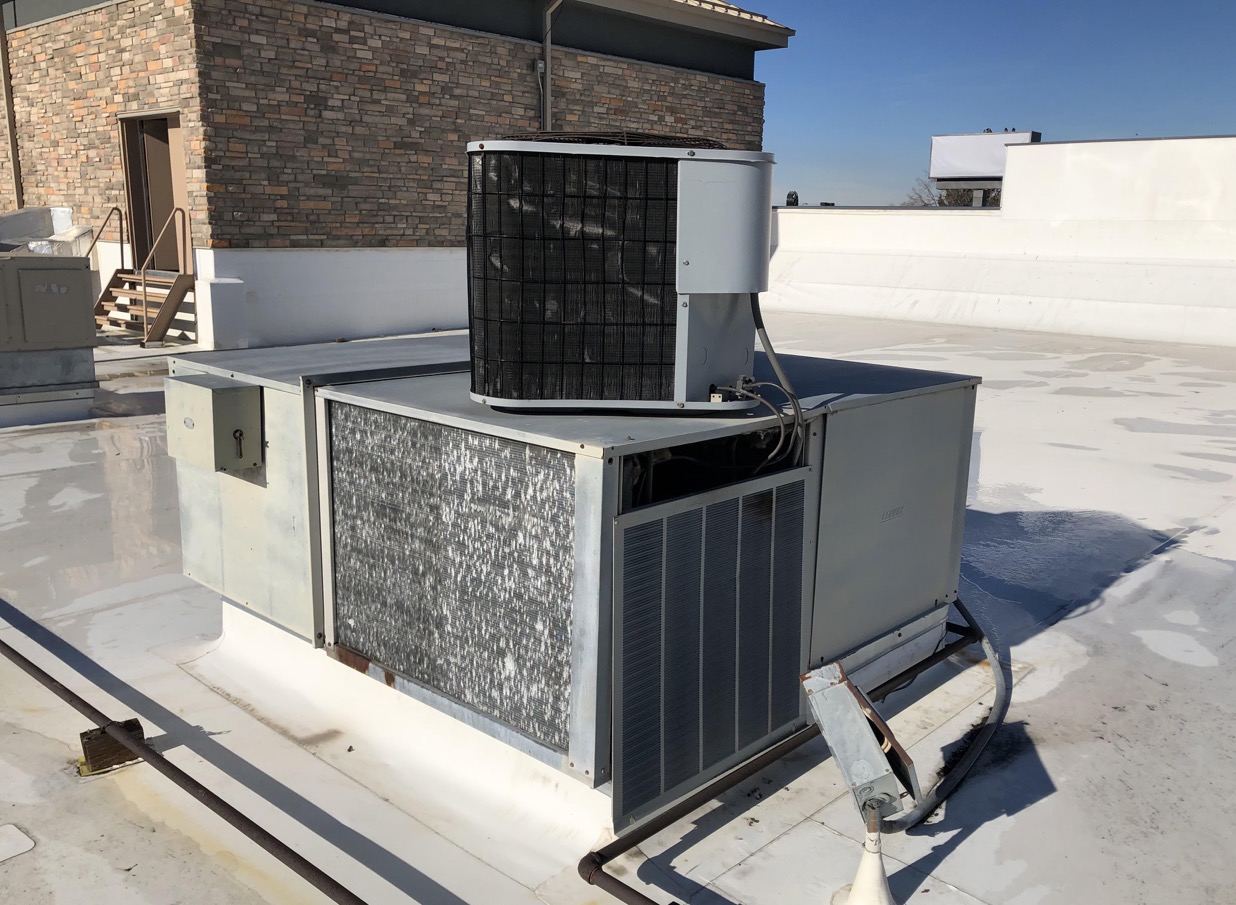Home>Home Maintenance>What Is Home Maintenance
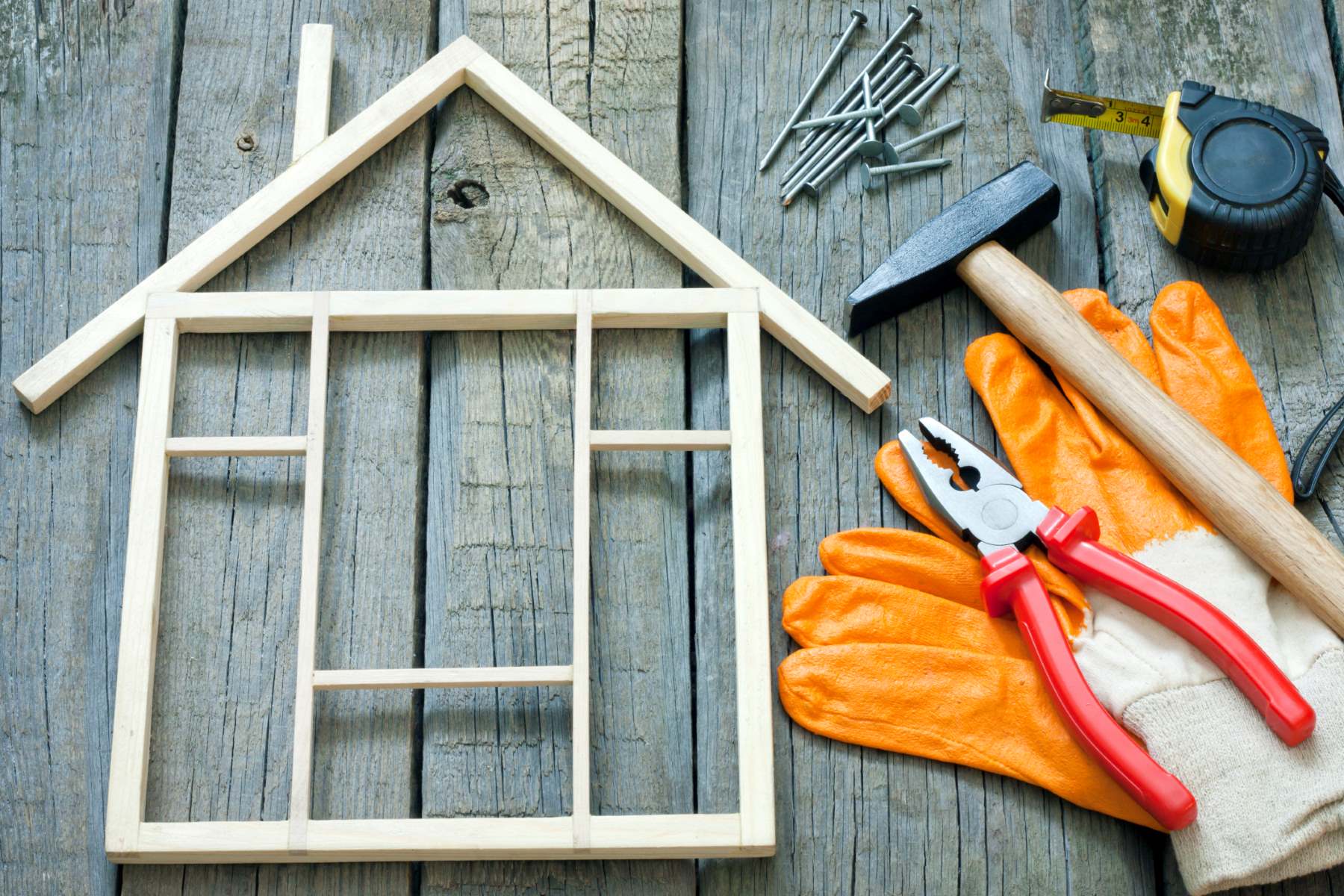

Home Maintenance
What Is Home Maintenance
Modified: March 6, 2024
Learn the importance of home maintenance and how it can prolong the lifespan of your property. Get expert tips and advice on tackling common home maintenance tasks.
(Many of the links in this article redirect to a specific reviewed product. Your purchase of these products through affiliate links helps to generate commission for Storables.com, at no extra cost. Learn more)
Introduction
Welcome to the world of home maintenance! Taking care of your home is essential to ensure its longevity, functionality, and overall appeal. Whether you are a homeowner, a renter, or planning to buy a property, understanding the importance of home maintenance is crucial for a comfortable and well-maintained living space.
Home maintenance encompasses a wide range of tasks that are necessary to keep your property in good condition. From routine upkeep to handling repairs and improvements, staying on top of home maintenance not only enhances the aesthetic value of your property but also reduces the risk of potential issues down the line.
In this comprehensive guide, we will explore the importance of home maintenance and delve into common tasks that every homeowner should be aware of. We will also discuss the benefits of regular home maintenance, the consequences of neglecting it, and whether to approach it as a DIY project or hire professionals.
So, grab your toolbox and let’s dive into the world of home maintenance!
Key Takeaways:
- Regular home maintenance is crucial for preventing costly repairs, preserving property value, and creating a safe and comfortable living environment for you and your family.
- Balancing DIY maintenance and professional help ensures cost savings, expertise, and safety, leading to a well-maintained and valuable home for years to come.
Read more: What Is Jetting In Plumbing
Importance of Home Maintenance
Regular home maintenance is not just about keeping your property looking good; it plays a vital role in preserving its structural integrity and ensuring a safe and healthy living environment. Here are some key reasons why home maintenance is of utmost importance:
- Prevents Costly Repairs: By performing regular maintenance tasks, you can identify and address minor issues before they escalate into major problems. Fixing a small leak or addressing a crack in the foundation early on can save you from costly repairs down the line.
- Protects Property Value: A well-maintained home retains its value and curb appeal. Whether you plan to sell your home in the future or just want to enjoy a beautiful living space, regular maintenance helps maintain and even enhance its value.
- Creates a Safe Environment: Neglected maintenance can lead to safety hazards. Regularly inspecting and maintaining electrical systems, gas lines, smoke detectors, and other safety features ensures the well-being of you and your family.
- Improves Energy Efficiency: Properly maintaining your home’s HVAC system, insulation, windows, and doors can significantly improve energy efficiency, reducing your energy bills and minimizing your carbon footprint.
- Enhances Indoor Air Quality: Regular cleaning, upkeep, and timely repairs can prevent the accumulation of allergens, mold, and other pollutants that degrade indoor air quality. This is especially important for individuals with respiratory conditions or allergies.
- Prolongs Lifespan of Components: Regular maintenance helps extend the lifespan of major components in your home, such as roofing, plumbing, and appliances. By addressing minor issues promptly, you can avoid premature failure and costly replacements.
- Maintains Warranty Coverage: Many home warranties require regular maintenance to remain in effect. By following the recommended maintenance guidelines, you can ensure that any potential issues are covered by the warranty.
Home maintenance is not just a series of chores; it is an investment in the long-term well-being of your home and your family. By prioritizing regular maintenance, you can enjoy a comfortable, safe, and aesthetically pleasing living space while avoiding expensive repairs and preserving your property’s value.
Common Home Maintenance Tasks
Keeping your home in excellent condition requires regular maintenance and attention to detail. Here are some of the most common home maintenance tasks that every homeowner should be familiar with:
- Inspecting Roof and Gutters: Regularly inspect the roof for any signs of damage, such as missing shingles or leaks. Clean out the gutters and downspouts to ensure proper drainage and prevent water damage.
- Cleaning and Maintaining HVAC Systems: Schedule regular maintenance for your heating, ventilation, and air conditioning (HVAC) systems. This includes cleaning or replacing filters, checking for leaks, and ensuring optimal performance.
- Checking Plumbing and Fixtures: Look for any leaks or drips in your plumbing system, including faucets, showers, and toilets. Repair or replace any faulty fixtures to prevent water wastage and potential damage.
- Inspecting and Sealing Windows and Doors: Check windows and doors for drafts and seal gaps or cracks to improve energy efficiency. Lubricate hinges and locks to ensure smooth operation.
- Maintaining Exterior Surfaces: Regularly clean and inspect exterior surfaces, such as siding, brickwork, and stucco, for signs of damage. Repaint or touch up as needed to protect against weathering.
- Caring for Landscaping: Trim trees and shrubs, remove weeds, and maintain your lawn regularly. Clear debris from walkways, patios, and driveways to prevent accidents and maintain a clean and tidy appearance.
- Inspecting and Cleaning Chimney: Schedule an annual chimney inspection and cleaning to remove any soot or debris, ensuring safe operation and preventing potential fire hazards.
- Cleaning and Organizing Interior Spaces: Regularly declutter and deep clean your interior spaces. Dust surfaces, vacuum carpets, clean appliances, and maintain a clean and organized environment for optimal comfort and functionality.
- Testing Smoke Detectors and Carbon Monoxide Alarms: Test and replace batteries in smoke detectors and carbon monoxide alarms regularly to ensure they are functioning correctly. This is crucial for the safety of your household.
While this list covers some essential home maintenance tasks, it is essential to customize your maintenance routine based on your specific property and its unique needs. Regular inspections, timely repairs, and consistent upkeep are the keys to keeping your home in top shape.
Exterior Maintenance
The exterior of your home is constantly exposed to the elements, making regular maintenance crucial for preserving its beauty and protecting it from damage. Here are some essential exterior maintenance tasks to keep your home in excellent condition:
- Inspecting and Cleaning the Siding: Regularly inspect the siding for signs of damage, such as cracks, rot, or loose panels. Clean it using a pressure washer or a gentle detergent to remove dirt, mold, and mildew.
- Maintaining the Roof: Inspect the roof for loose or damaged shingles, leaks, and signs of wear. Clear debris from the gutters, and consider hiring a professional for regular roof inspections and maintenance.
- Repairing and Sealing Cracks in the Driveway and Walkways: Fill in any cracks or potholes in your driveway and walkways to prevent further deterioration. Seal the surfaces regularly to protect against weather damage.
- Managing Landscaping: Trim trees and shrubs away from the house to prevent damage to the exterior. Regularly mow the lawn, remove weeds, and fertilize as needed to maintain a tidy and well-maintained landscape.
- Inspecting and Cleaning the Deck or Patio: Check for loose boards, rot, or pest damage on your deck or patio. Clean it thoroughly using a deck cleaner and sealant to protect against moisture and sun damage.
- Cleaning and Maintaining Windows and Doors: Clean the exterior surfaces of windows and doors regularly to remove dirt and grime. Check for leaks, repair seals, and replace any damaged or worn-out parts.
- Protecting the Foundation: Regularly inspect the foundation for cracks or signs of damage. Keep the foundation clear of debris and ensure proper drainage to prevent water damage.
- Maintaining Outdoor Lighting: Replace any burnt-out bulbs and clean outdoor light fixtures regularly. This not only enhances the aesthetic appeal but also improves safety and security around your property.
Remember, consistent and proactive exterior maintenance will not only protect your home from weather-related damage but also enhance its curb appeal. A well-maintained exterior creates a welcoming atmosphere and adds value to your property.
Interior Maintenance
Regular interior maintenance is essential for creating a comfortable and healthy living environment inside your home. Here are some key interior maintenance tasks that should be included in your home maintenance routine:
- Cleaning and Dusting: Regularly clean and dust all surfaces, including furniture, countertops, and shelving. Pay attention to hard-to-reach areas, such as ceiling fans and vents.
- Checking and Replacing Filters: Regularly check and replace filters in your HVAC system, air purifiers, and vacuum cleaners. This ensures clean air circulation and optimal efficiency.
- Testing and Maintaining Smoke Detectors and Carbon Monoxide Alarms: Test your smoke detectors and carbon monoxide alarms regularly to ensure they are functioning correctly. Replace the batteries as needed.
- Inspecting and Maintaining Plumbing: Check for any leaks, drips, or signs of water damage in your plumbing system. Repair any issues promptly, and consider scheduling professional maintenance for your water heater.
- Cleaningout and Caulking: Inspect the grout and caulk in bathrooms and kitchens and repair or replace it as necessary. This helps prevent water damage and maintains a clean and sanitary environment.
- Testing and Resetting Circuit Breakers: Periodically test your circuit breakers to ensure they are functioning correctly. Reset any tripped breakers and consider labeling them for easier identification in the future.
- Caring for Flooring: Follow proper maintenance procedures for your specific type of flooring, whether it is carpet, hardwood, laminate, or tile. This includes regular cleaning, vacuuming, and addressing any stains or damage.
- Inspecting and Cleaning Appliances: Regularly inspect and clean your appliances, including the refrigerator, oven, dishwasher, and washing machine. Follow manufacturer guidelines for proper maintenance and cleaning.
- Managing Pest Control: Take proactive measures to prevent pests by sealing cracks and gaps, keeping food stored properly, and removing any standing water. If needed, consult with professionals for pest control services.
By regularly attending to these interior maintenance tasks, you can maintain a clean, comfortable, and functional living space. Remember, preventative maintenance is key to avoiding costly repairs and preserving the longevity of your home’s interior components.
Regularly inspect and clean your gutters to prevent water damage to your home. Remove any debris and check for any signs of damage or blockages. This will help to maintain the integrity of your roof and prevent water from seeping into your home.
Read more: What Is A Showerhead
Seasonal Maintenance
Seasonal maintenance is an essential part of keeping your home in optimal condition throughout the year. By addressing specific tasks that are appropriate for each season, you can ensure that your home is well-prepared for the changing weather conditions. Here are some seasonal maintenance tasks to keep in mind:
- Spring: Spring is the perfect time to give your home a thorough cleaning. This includes deep cleaning the interior spaces, decluttering, and organizing. You should also inspect and clean the gutters and downspouts, as well as check the exterior of your home for any winter damage.
- Summer: During the summer months, focus on maintaining a cool and comfortable living environment. This involves cleaning or replacing air conditioning filters, inspecting and cleaning ceiling fans, and ensuring proper ventilation throughout the house. It is also an excellent time to maintain the exterior of your home, such as power washing the siding, inspecting and repairing the deck or patio, and tending to the landscaping.
- Fall: Fall is a time for preparation before the colder months arrive. Inspect and clean the fireplace or chimney, replace batteries in smoke detectors and carbon monoxide alarms, and ensure your heating system is in proper working order. It is also crucial to clean or replace furnace filters and seal gaps or cracks around windows and doors to prevent drafts and maximize energy efficiency.
- Winter: During the winter months, focus on keeping your home warm and protected. Insulate pipes to prevent freezing, check and adjust thermostat settings, and test your home’s emergency systems, such as backup generators or snow removal equipment. It is also important to clean or replace humidifier filters and monitor humidity levels to prevent dryness and potential damage to wooden furniture and flooring.
By following a seasonal maintenance schedule, you can stay on top of necessary tasks and ensure that your home is well-maintained year-round. This proactive approach minimizes the risk of unexpected issues arising and helps you prepare your home for the specific challenges each season brings.
Benefits of Regular Home Maintenance
Regular home maintenance is more than just a series of tasks; it offers a wide range of benefits that contribute to the overall well-being of your home and its occupants. Here are some key benefits of staying on top of your home maintenance:
- Prevents Costly Repairs: Regular maintenance allows you to catch minor issues before they become major problems. By addressing these issues early on, you can avoid expensive repairs or replacements in the future.
- Preserves Property Value: Maintaining your home helps to retain its value over time. By keeping up with maintenance tasks and addressing any necessary repairs, you can ensure that your property remains attractive to potential buyers if you decide to sell in the future.
- Enhances Longevity: Regular maintenance prolongs the lifespan of your home’s components. By properly caring for and maintaining your roof, HVAC system, plumbing, and other crucial elements, you can avoid premature failure and replacement.
- Improves Efficiency: Maintenance tasks, such as cleaning and replacing filters, insulating, and sealing gaps, contribute to improved energy efficiency. This not only reduces your utility bills but also minimizes your carbon footprint.
- Promotes Health and Safety: Regular maintenance helps prevent potential health hazards in your home. Cleaning and maintaining ventilation systems, addressing water leaks, and testing smoke detectors all contribute to a safer and healthier living environment.
- Provides Peace of Mind: Knowing that your home is well-maintained gives you peace of mind. Regular upkeep reduces the likelihood of unexpected issues, allowing you to feel confident and secure in your living space.
- Saves Time and Effort: By following a regular maintenance routine, you can avoid spending excessive time and effort on extensive repairs or renovations. Proactive maintenance ensures that tasks can be completed more efficiently and with less inconvenience.
- Creates a Welcoming Atmosphere: A well-maintained home is pleasant to live in and can create a positive atmosphere. Taking pride in your home’s appearance by keeping it clean and well-cared-for enhances the overall ambiance and comfort.
Regular home maintenance is an investment in the long-term health, functionality, and value of your home. By dedicating time and effort to proper upkeep, you can enjoy the benefits of a well-maintained property while avoiding the stress and cost associated with neglecting essential maintenance tasks.
Cost of Neglecting Home Maintenance
While it may be tempting to put off home maintenance tasks, neglecting them can have significant financial consequences in the long run. Here are some of the costs associated with neglecting home maintenance:
- Expensive Repairs: Minor issues that are left unaddressed can quickly escalate into major problems. For example, a small leak can cause water damage to the surrounding area, leading to mold growth and potentially necessitating extensive repairs.
- Decreased Property Value: Failing to maintain your home can result in a decrease in its value over time. Buyers are often deterred by visible signs of neglect, such as deteriorating siding, overgrown landscaping, or outdated fixtures.
- Higher Energy Bills: Lack of maintenance can lead to decreased energy efficiency. Leaky windows, poorly insulated walls, and malfunctioning HVAC systems can cause your energy bills to skyrocket as your home struggles to maintain a comfortable temperature.
- Health and Safety Risks: Neglected maintenance can pose health and safety risks to you and your family. Mold growth due to water damage, malfunctioning electrical systems, or a faulty smoke detector can all compromise your well-being and lead to costly medical bills or, in extreme cases, accidents or injuries.
- Voided Warranties: Many warranties for home appliances, systems, or structural components require regular maintenance for coverage to remain valid. Neglecting maintenance tasks can result in voided warranties, leaving you responsible for any repairs or replacements.
- Increased Insurance Premiums: Insurance providers expect homeowners to properly maintain their properties. Neglecting maintenance can result in an increased risk of potential issues, leading to higher insurance premiums.
- Additional Stress and Inconvenience: Neglecting home maintenance often leads to unexpected problems that require immediate attention. Dealing with urgent repairs or living in a home with ongoing issues can cause stress and disrupt your daily life.
- Diminished Comfort: Failure to maintain your home can result in discomfort and inconvenience. A malfunctioning HVAC system, leaky windows, or plumbing issues can all impact your quality of life and make your home a less comfortable place to live.
By neglecting home maintenance, you not only put your home and belongings at risk but also potentially expose yourself to significant financial burdens. Regular maintenance is a proactive approach to prevent these costs and ensure the long-term well-being and value of your home.
DIY vs Professional Home Maintenance
When it comes to home maintenance, you have the option to tackle tasks yourself or hire professionals to handle them. Each approach has its pros and cons, and the decision between DIY and professional maintenance depends on factors such as your skills, time availability, and the complexity of the task at hand. Here are some considerations to help you decide:
DIY Home Maintenance:
- Cost Savings: Doing maintenance tasks yourself can save you money on labor costs. You can purchase materials and tools at retail prices, without the added expense of hiring a professional.
- Learning Experience: DIY maintenance allows you to learn new skills and gain a sense of accomplishment. It can also provide a deeper understanding of your home’s systems and components.
- Flexibility and Convenience: DIY projects can be done on your schedule, giving you flexibility and allowing you to prioritize tasks based on your needs and preferences.
- Control and Customization: With DIY maintenance, you have complete control over the process and can customize the task to your liking. You can choose specific materials or methods that suit your preferences or budget.
Professional Home Maintenance:
- Expertise and Efficiency: Professionals have the knowledge, experience, and specialized tools to perform maintenance tasks efficiently and effectively. They can often complete tasks more quickly and with better results than a DIY approach.
- Time Savings: Hiring professionals frees up your time to focus on other responsibilities or enjoy your leisure activities. Maintenance tasks can be time-consuming, and professionals can complete them while you attend to other priorities.
- Safety and Compliance: Certain maintenance tasks, such as electrical repairs or roofing work, require specific expertise and could pose risks if not performed correctly. Hiring professionals ensures compliance with safety regulations and reduces the likelihood of accidents or further damage.
- Warranty Coverage: Some warranties require professional maintenance to remain valid. Hiring professionals ensures that you meet these requirements and avoid any potential issues with warranty coverage.
Ultimately, the decision between DIY and professional home maintenance depends on your comfort level, expertise, and the specific task at hand. For simpler tasks or those you feel confident tackling, DIY maintenance can be a cost-effective and rewarding option. However, for complex or specialized tasks, it is often best to hire professionals to ensure proper execution and the best possible outcome.
Remember, it is essential to prioritize safety and to be realistic about your own skills and limitations when deciding whether to handle home maintenance yourself or seek professional help. A combination of DIY and professional maintenance may be the ideal approach, allowing you to maximize cost savings while ensuring the integrity and value of your home.
Read more: What Is The Green Stuff On Showerhead
Conclusion
Home maintenance plays a crucial role in preserving the beauty, functionality, and value of your property. By committing to regular upkeep, you not only prevent costly repairs but also create a safe and comfortable living environment for you and your family. Understanding the importance of home maintenance and taking proactive steps to address various tasks can lead to numerous benefits.
From inspecting and maintaining the exterior and interior of your home to performing seasonal upkeep, each task contributes to the overall well-being of your property. Regular maintenance prevents minor issues from escalating into major problems and ensures that your home remains in optimal condition throughout the year.
However, it’s important to strike a balance between DIY maintenance and hiring professionals. While DIY projects can save money and provide a sense of accomplishment, there are instances when professional expertise is necessary to ensure safety, compliance, and efficiency.
Neglecting home maintenance can result in costly repairs, decreased property value, higher energy bills, and potential health and safety risks. It’s vital to prioritize maintenance tasks and address them proactively to avoid these consequences.
By investing time and effort into regular home maintenance, you can enjoy a well-maintained, comfortable, and aesthetically pleasing living space. Whether you choose to tackle tasks yourself or enlist the help of professionals, the key is to establish a routine and stay ahead of potential issues.
So, take pride in your home and make maintenance a priority. Remember, a well-maintained home not only enhances your quality of life but also ensures that your investment is protected for years to come.
Frequently Asked Questions about What Is Home Maintenance
Was this page helpful?
At Storables.com, we guarantee accurate and reliable information. Our content, validated by Expert Board Contributors, is crafted following stringent Editorial Policies. We're committed to providing you with well-researched, expert-backed insights for all your informational needs.
